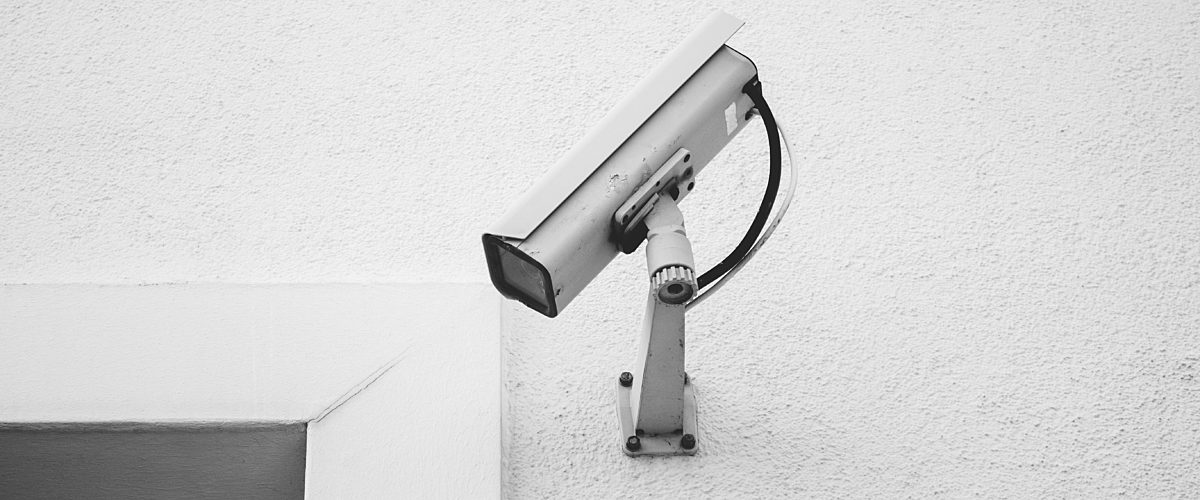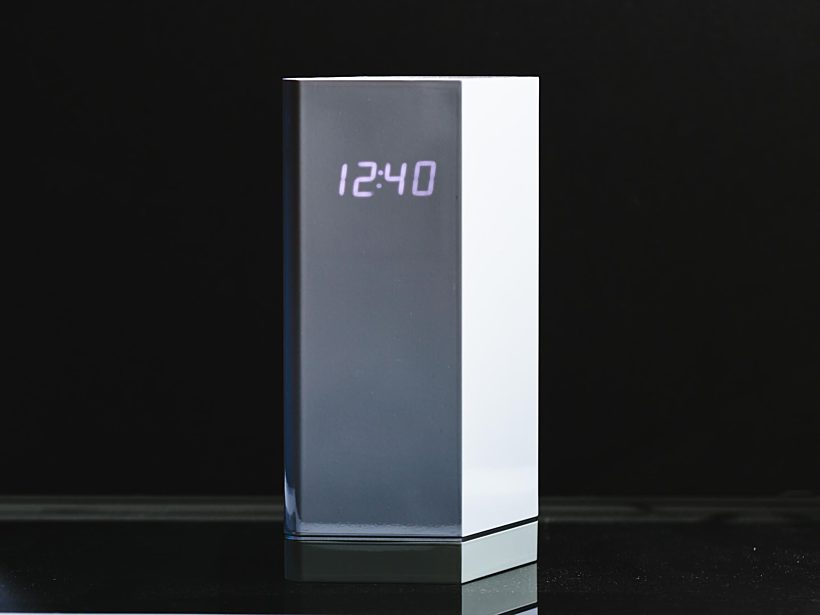
Why a smart router is nothing more than a stopgap
Sooner or later, you will stumble upon the question of how secure your smart home really is. After all, you’re placing devices with cameras, microphones and sensors all over your house. Can your smart home be hacked? Is someone listening to you 24/7? Is privacy a wanted man?
Let’s start off with the bad news: you do have a little reason to be concerned. Most of these products weren’t designed with security in mind as a top priority. This means that you can only have faith in the fact that the product’s manufacturer built a secure product.
A wi-fi camera in your kitchen, a Google Home with microphone in your living room and a presence sensor in your garage. These things collect tons of data in order to do what it does best. How do you get it protected?

Off course numerous companies tackle our concern and offer solutions for a safer smart home.
Smart routers
F-Secure for examples comes up with SENSE, a smart router and protection combo that serves as a firewall around your network and protects every single product that is connected to it. Think of it as a shield that blocks any connections other than your own, unless you allow it. You can also block the network access for any of your current devices. Pretty handy if you have tablet-addicted kids that are reluctant to respect bedtime hours. On top of that, you can create a guest wi-fi network with the same protection so your guests don’t log in to your own network. The F-Secure SENSE is available from 199 euro in the F-Secure webshop.
SENSE isn't the first (and won't be the last) smart router on the market. By buying an extra tool to make your connected devices secure you actually point out the problem that your existing automation system isn't safe. That may be the real challenge.
We don't want to minimize the value of a smart router. It can be a perfect solution for your home. Regarding security, there is always room for improvement, you can never be too cautious. As always we should evaluate solutions on how it can help to meet your needs. And a smart router can definitely help to meet your security needs.
Security included
Fortunately, the major home automation technologies are making a lot of efforts to keep their software safe. They need to meet a range of security measurements before they can even launch their technology on the market. But as we know, hackers become extremely creative in their ways to obtain personal data through connected systems. That's why we always should treat the software with some caution before claiming it is safe.
KNX is a good example of a company that goes the extra mile to protect their system from harm. Their standard already meets the official security requirements but their technology also incorporates some other measures that aren't necessarily obligatory. But as we said, you can't be too cautious when it comes to the security of your family.
KNX Secure
To demonstrate their commitment to smart home security KNX introduced their KNX secure concept. It follows all necessary security regulations and meets the highest encryption standards to prevent attacks. KNX Secure especially stands out with its double IP protection.
KNX introduced two new concepts as an answer to the current and future cyber security challenges. KNX IP Secure extends the IP protocol in such a way that all transferred telegrams and data are completely encrypted. KNX Data Secure effectively protects user data against unauthorised access and manipulation by means of encryption and authentication.
KNX Secure shows the company's commitment to keep their technology safe. In that way, it can serve as an example for other technologies to respond to the s.
As a home owner you're responsible to choose for the software and devices in which you trust. Building in extra security measures such as a smart router can be helpful, but the core technologies you use should already meet a certain level of security.


